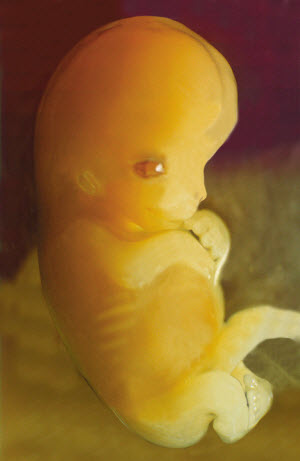Francis Crick Institute Gets Approval for New Gene Editing Techniques
The aim of the research is to understand the genes human embryos need to develop successfully
 Image credit: GoldenBear, Wikimedia CommonsThe Human Fertilisation and Embryology Authority (HFEA) has approved a research application from the Francis Crick Institute to use new "gene editing" techniques on human embryos.
Image credit: GoldenBear, Wikimedia CommonsThe Human Fertilisation and Embryology Authority (HFEA) has approved a research application from the Francis Crick Institute to use new "gene editing" techniques on human embryos.
The aim of the research, led by Dr Kathy Niakan, a group leader at the Crick, is to understand the genes human embryos need to develop successfully.
The work carried out at the Crick will be for research purposes and will look at the first seven days of a fertilized egg's development (from a single cell to around 250 cells).
Related article: Human Genome Editing Research is Essential, Network of Experts Says
The knowledge acquired from the research will be important for understanding how a healthy human embryo develops.
This knowledge may improve embryo development after in vitro fertilisation (IVF) and might provide better clinical treatments for infertility, using conventional medical methods.
Paul Nurse, director of the Crick, said: "I am delighted that the HFEA has approved Dr Niakan's application. Dr Niakan's proposed research is important for understanding how a healthy human embryo develops and will enhance our understanding of IVF success rates, by looking at the very earliest stage of human development–one to seven days."
In line with HFEA regulations, any donated embryos will be used for research purposes only and cannot be used in treatment. These embryos will be donated by patients who have given their informed consent to the donation of embryos which are surplus to their IVF treatment.
The genome editing research now needs to gain ethical approval and, subject to that approval, the research program will begin within the next few months.
